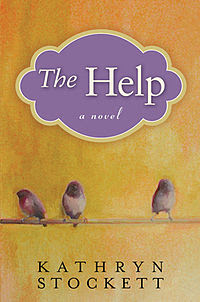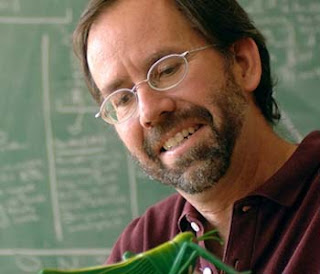


Killer Empathy is a short audio podcast from WNYC Radiolab. It is talking about an interview with Dr.Jeffrey Lockwood, an entomologist from University of Wyoming. The interview is about Lockwood's time spent studying the behaviors of a breed of ferocious insects called Gryllacrididae, or as Dr.Lockwood called them, "crickets on steroids". Lockwood illustrated them as insects who have strong jaws that can draw blood to anyone who gets in their way- whether its another cricket or Lockwood himself. He also said that he noticed that these crickets can differentiate their nests by secreting a pheromone that allows them to recognize which is theirs and which is not. One day, while he was trying to grab one of the Gryllacridid, he accidentally split open one of the cricket's abdomen. After a few seconds, Lockwood noticed that the cricket started eating itself, starting from the cut open part of his abdomen. He was shocked to see this cricket as he was starting to connect to these insects and all of a sudden, this insect started eating itself, cannibalism is the term to describe it. This incident reminded Lockwood of one of his old professors back in Louisiana State, Dr. Jeff LaFage, who was his mentor and was very close to him. Dr. LaFage was shot during a robbery attempt to one of his friends. LaFage's death devastated Lockwood and for a period of time, Lockwood felt anger, anguish, confusion, and probably the need for revenge towards the person that shot LaFage.
This incident brought to Lockwood's mind "how would Dr.LaFage want him to think about the incident?" "Violence is the baseline strategy for most encounters between and indeed within species" is one of LaFage's concepts about violence. LaFage thinks that at that night, the night he was shot, the kid was probably mugging them because he was poor and scared. He instinctively tried to stop him and the kid probably got scared, panicked and then shot him at point blank range. This idealism of LaFage allowed Lockwood to cool down a bit but he still don't understand why someone would choose another person, and that being the person he love. What if when objectivity isn't enough to make sense of an act of violence you don't approve of?
Forgiving people you hate is one of the hardest thing you can do in your life. Its also one of the best thing you can do in your life because once you remove that burden of hating someone in your mind. In the novel "The Help" by Kathryn Stockett, Hilly Holbrook is one of the hated characters in the story. She didn't really get forgiven in the end of the book, but such evilness, in real life, should be forgivable. Hilly was a real racist in the novel but, we don't really know where her racial point of view is coming from. We don't know, maybe she was brought up to that idealism or she was thought by someone about the idiosyncrasies she was spreading throughout Jackson, especially the idea of separating toilets between the homeowners and the coloured helps. Throughout the novel we read that her ideas aren't really making everybody happy but the way she persuades people into believing these ideas is pretty effective.
Sometimes we start hating and disliking people because we just do or we are brought up to it. Racism is a great example of it. Certain people start hating other people based on their race because they believe in ideas about those other people or they were raised and brought up like that. People who are hated eventually start to hate those people back. Seeing this, we can say that hate is a two-way streak, people who hate are being hated back by the people they hate. However, we can fix that by learning how to forgive. If we learn how to forgive, all the problems in today's society would be erased by at least a major cut of it. Evidently, forgiving will cut the time you waste hating someone. "A wise man will make a haste to forgive, because he knows the true value of time, and will not suffer it to pass away in unnecessary pains."- Samuel Johnson
No comments:
Post a Comment